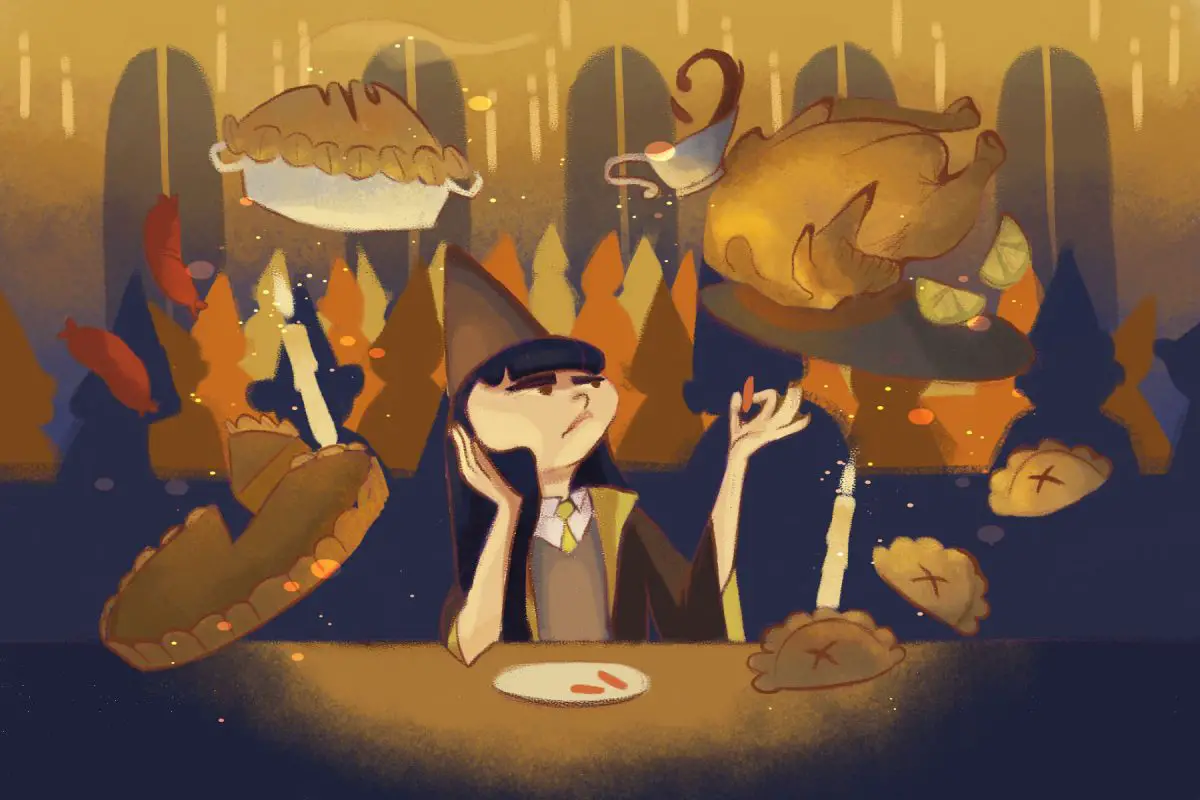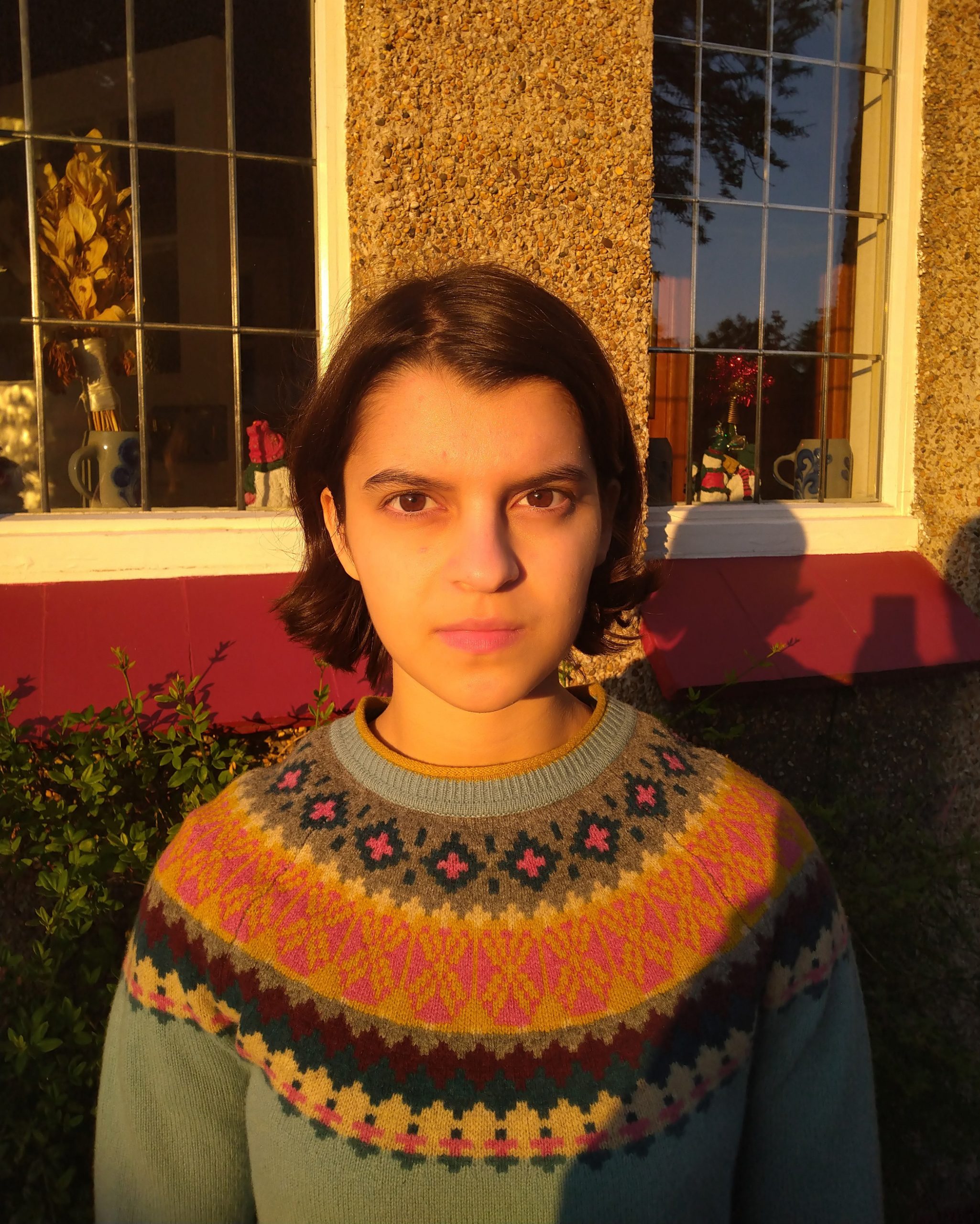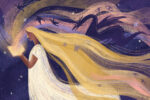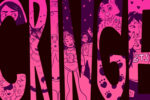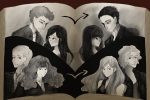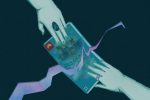Since the glorious beginnings of my childhood “Harry Potter” obsession, I, like countless other fans, have desperately wanted to live in the wizarding world and often wondered what that would entail. In the past, the steps were simple. I would receive a wand, get sorted into Ravenclaw upon arrival at Hogwarts and then perform magic spells and create wondrous potions. My choice of pet would obviously be an owl, and as a vegetarian, I would enjoy the meat-free options offered by the decadent Hogwarts feasts, without a care in the world.
Apart from a particularly memorable “Harry Potter” realization of mine where I learned magical sweets also contain insects — Fizzing Whizbees contain dried Billywig stings to give them their levitating properties — it never occurred to me to think about the ethical implications of life in the wizarding world. I hadn’t looked beyond its alluring surface to examine the foundation magic is built on.
Ethics of the Wizarding World
It was always a given that I would, unquestioningly and without hesitation, live in Harry Potter’s world if I had the chance. Never did I fully reflect on whether I would actually — want — to live in the wizarding world, should it exist.
Sometimes, I did wonder if I would refuse to participate in Potions since the majority of lessons involve cutting up dead animals. Would it make a difference whether the animals were killed magically or not? And were they killed before the class? After all, I did refuse to use animal products in Home Economics and planned to opt out of future dissections at school. Why should this be any different?
Still, I inevitably ended up pushing those thoughts about the less satisfactory aspects of the wizarding world from my mind, not wishing to spoil the fantasy of my beloved, albeit fictional, world.
Yet, with each re-reading of my favorite book series, I gradually delved deeper into analyzing the construction of the wizarding world. I considered the difficult ethical and political quandaries raised, which have been discussed in great detail on the internet, such as the Western-centric focus of “Harry Potter” and its conflicted or lacking representation of minority groups.
After I became vegan in 2018, one little-discussed question stood out in my mind, in relation to the fantasy series’s treatment of magical creatures: Would it be possible for me to live in the wizarding world as a vegan, and would I want to?
Everything within this fantasy world relies on the use of animal products, owing to its use of medieval technology. Perhaps these appear to be inconsequential ramblings from yet another crazed vegan and obsessive “Harry Potter” superfan (Reddit certainly thinks so), but after a recent 14th reading of the series and thorough research, I have devised a coherent hypothesis of how veganism could work — or not work — in J.K. Rowling’s wizarding world.
Magical Food
What first prompted me to think about potential veganism in the wizarding world is what’s also at the heart of the series: food. It’s inarguably an essential component of the comforting magic “Harry Potter” provides to child and adult readers alike. Every few pages or so, there is at least a passing reference to food: conversations over breakfast in the Great Hall, Mrs. Weasley’s wonderful cooking and Hermione devouring sprouts before rushing off to the library.
In the films and books, there are the awe-inspiring displays of celebratory feasts in the Great Hall — various meat dishes, roast chicken, sausages, turkey legs, roast potatoes, buttered peas and ice cream of any and every flavor imaginable.
The sweets in “Harry Potter” are especially memorable, acting as a small but purposeful reminder of the subtle wonders of the wizarding world; Bertie Bott’s Every Flavour Beans and Chocolate Frogs are among the most notable. It’s most assuredly every fan’s dream to visit Hogwarts and taste some of its mouth-watering offerings. Well, perhaps those from outside the U.K. wouldn’t want to try the nauseating regional dishes such as steak and kidney pie, or tripe, but a meat-eating student would, hypothetically, have the opportunity to enjoy Hogwarts food to the fullest extent.
But what if that hypothetical student were vegan? Do they have to worry about Bertie Bott’s Every Flavour Beans containing beeswax, shellac or some other animal-derived ingredient? Would their only purchase from the Trolley Witch on the Hogwarts Express be a liquorice wand? Not very substantial. Or would the little food they can eat at Hogwarts consist of no more than chips, cornflakes and dry bread?
https://www.instagram.com/p/B-kFowMqBCJ/
The inventory of vegan foods in “Harry Potter” is pitiful, apart from the “rabbit food” that the Dursleys eat when Dudley is on his diet (grapefruit and celery) and the wild mushrooms Harry, Ron and Hermione eat when hunting for horcruxes. Vegan options at Hogwarts are limited to Hagrid’s cabbages and his giant pumpkins, as well as pumpkin juice and Dumbledore’s favorite sherbet lemons.
The Ethics of House-Elves
Nevertheless, there are solutions to combat the sparse vegan offerings at Hogwarts: for example, requesting that the house-elves make meat-free dishes for students. J.K. Rowling said in an interview that house-elves would accommodate vegetarians “if you ask them very nicely,” which inevitably leads to another ethical dilemma: house-elves themselves. They are, essentially, slaves of Hogwarts — magical creatures forced into subjugation and somehow brainwashed into enjoying such servitude.
This issue is briefly touched upon in the books, with Hermione’s S.P.E.W. activism subplot, in which she aims to free all house-elves, regardless of their own wishes. In this sense, she is a perfect example of a stereotypically preachy vegan who forces her opinion on others and relies on guilt-tripping to further her activism.
Rowling’s depiction of house-elves in the “Harry Potter” books (the films don’t look past Dobby) raises a more pressing question about her own views of magical creatures and animals in general. In her eyes, are non-humans not as worthy of fairness and respect as we are? If so, does their innate inferiority justify their exploitation and mistreatment?
Treatment of Magical Creatures
Throughout the “Harry Potter” books and films, animals are treated as little more than objects that exist to aid humans. They are killed and cut up for use in Potions, transformed into literal objects in Transfiguration and poked and prodded in Care of Magical Creatures, partially due to Hagrid’s inexpert guidance.
Additionally, the exploitation of magical creatures spans most of the wizarding world’s history. Thestrals — ghostly, horse-like creatures, who can only be seen after witnessing a death — pull the Hogwarts carriages. The postal delivery service is carried out by owls, domesticated by wizardkind to carry their letters.
Not only are animals treated as objects in the wizarding world, but most objects are also derived from animals: Invisibility cloaks are woven from a silken demiguise fur, parchment is made from sheepskin and quills are plucked from unwitting birds.
Wand cores are made using animal components, a few of the most powerful being dragon heartstring, phoenix feather and unicorn tail hair. Dragon hide is a particularly expensive and durable material, essentially the wizarding world equivalent of leather. It is often used to make fashionable clothing and protective equipment.
Even the pets face mistreatment. Harry forces an exhausted Hedwig to go on journeys for him. Ron takes out his annoyance at being poor on any pet he has. Fred and George illegally breed Pygmy Puffs to sell in their joke shop, Weasley’s Wizarding Wheezes.
But, perhaps this is all a testament to the fact that, however fantastical it may be, the wizarding world is a cleverly realized reflection of our own world. It’s also likely Rowling took inspiration for her fantasy world from medieval life, a time in which it was impossible to not consume animal products in some shape or form.
So, where can we find veganism in the wizarding world?
The original book series was primarily unethical in its treatment of magical creatures, with animals either being treated as objects to enhance wizarding life or consumed and eaten as they are in our world.
Yet, there is still some hope to be found in the many positive messages about animal activism in “Harry Potter.” Hermione’s campaigning for house-elf rights, although faulty, was still an example of animal activism, or how not to go about it. Perhaps if she were written today, she would have been a vegetarian.
Similarly, Luna Lovegood’s compassionate treatment of all living creatures makes her the ideal candidate for a potentially vegan character, more so because she is played by Irish actress and prominent vegan activist Evanna Lynch.
Also, Newt Scamander of the “Fantastic Beasts” franchise is an empathetic representation of an early animal rights activist, a kind magizoologist who wants nothing more than to protect magical creatures from dangerous humans. These characters show us that there is room for kindness toward animals in the wizarding world.
Still, the question remains to be answered: Is veganism possible in the wizarding world? For the most part, no. Besides the lack of vegan food available at Hogwarts, practically every aspect of the wizarding world relies on consuming or exploiting magical creatures.
In the end, this shouldn’t ruin our enjoyment of its magic. As with most fantasy world-building, this probably says more about our own world’s treatment of animals than Rowling’s fictional one.


